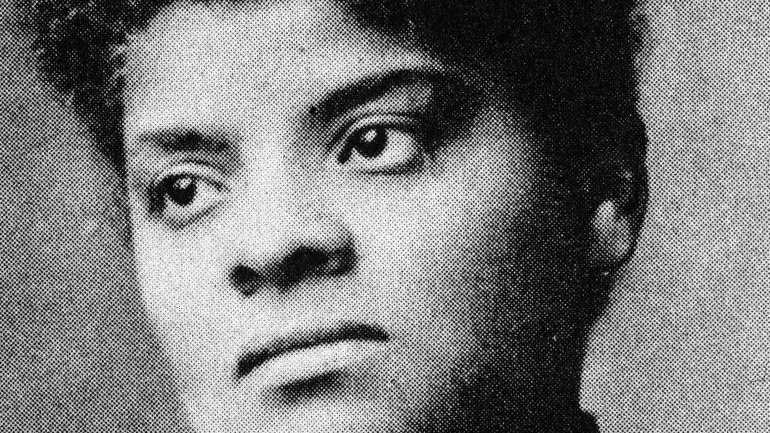Historic investigative journalist and civil rights legend Ida B. Wells received a posthumous Pulitzer Prize citation as part of the Pulitzer Center’s annual awards.
The Chicago Tribune reports the board awarded a unique posthumous citation for Wells’ “outstanding and courageous reporting on the horrific and vicious violence against African Americans during the era of lynching.”
According to The Pultizer Prizes' website, citations are rarer and awarded "to a work or an individual of particular merit."
Michelle Duster, Wells’ great-granddaughter, told the Tribune that the late Chicago-based activist used the truth to affect social change.
“The only thing she really had was the truth,” Duster said. “And she used journalism as a tool to not just report what was going on, but she used her skill as a journalist, to the best of her ability, to impact social change.”
Wells, also known as Wells-Barnett, was born into slavery in Mississippi in 1862 at the turn of the Jim Crow era. Despite the challenges of the time, Wells cultivated a passionate career as an activist, women’s suffrage leader and political pundit in Chicago. She also ran a settlement organization on the city's south side to help Black residents with housing and social services.
“I learned at an early age that my great-grandmother, Ida B. Wells, was a force to be reckoned with,” Duster wrote about Wells’ legacy.
She said the second edition of Wells’ autobiography will be released next week, which will include a new foreword by sociologist and author Eve Ewing and an afterword from herself. She is also hopeful a monument designed by Richard Hunt will be erected in Wells’ honor this year.
Journalist and New York Times reporter Nikole Hannah-Jones was also announced as a Pulitzer Prize recipient Monday for “The 1619 Project,” a widely lauded exploration of the legacy of Black Americans. Hannah-Jones, who goes by Ida Bae Wells on Twitter, gave glowing remarks about Wells’ legacy and her importance to American history at the renaming of Congress Parkway in Chicago in 2019, the Tribune reported.
“Can you imagine a Black woman at that time, going into territory where a Black man or woman had literally been strung up and lynched and asking questions about why this was and what happened?” Hannah-Jones said. “She did this because she understood that the people that committed the murders wrote the reports.”
As "The 1619 Project’s" official education partner, the Pulitzer Center has connected curricula based on Hannah-Jones’ work to more than 4,500 classrooms since August 2019, according to a press release.
Five school systems in Buffalo, New York; Chicago, Illinois; Washington, DC; Wilmington, Delaware; and Winston-Salem, North Carolina have adopted the project curricula on a broad scale.
The Pulitzer citation comes with a bequest award of at least $50,000. Duster said she hopes the award will support the next generation of leaders. The complete list of Pulitzer Prize winners can be found here.
